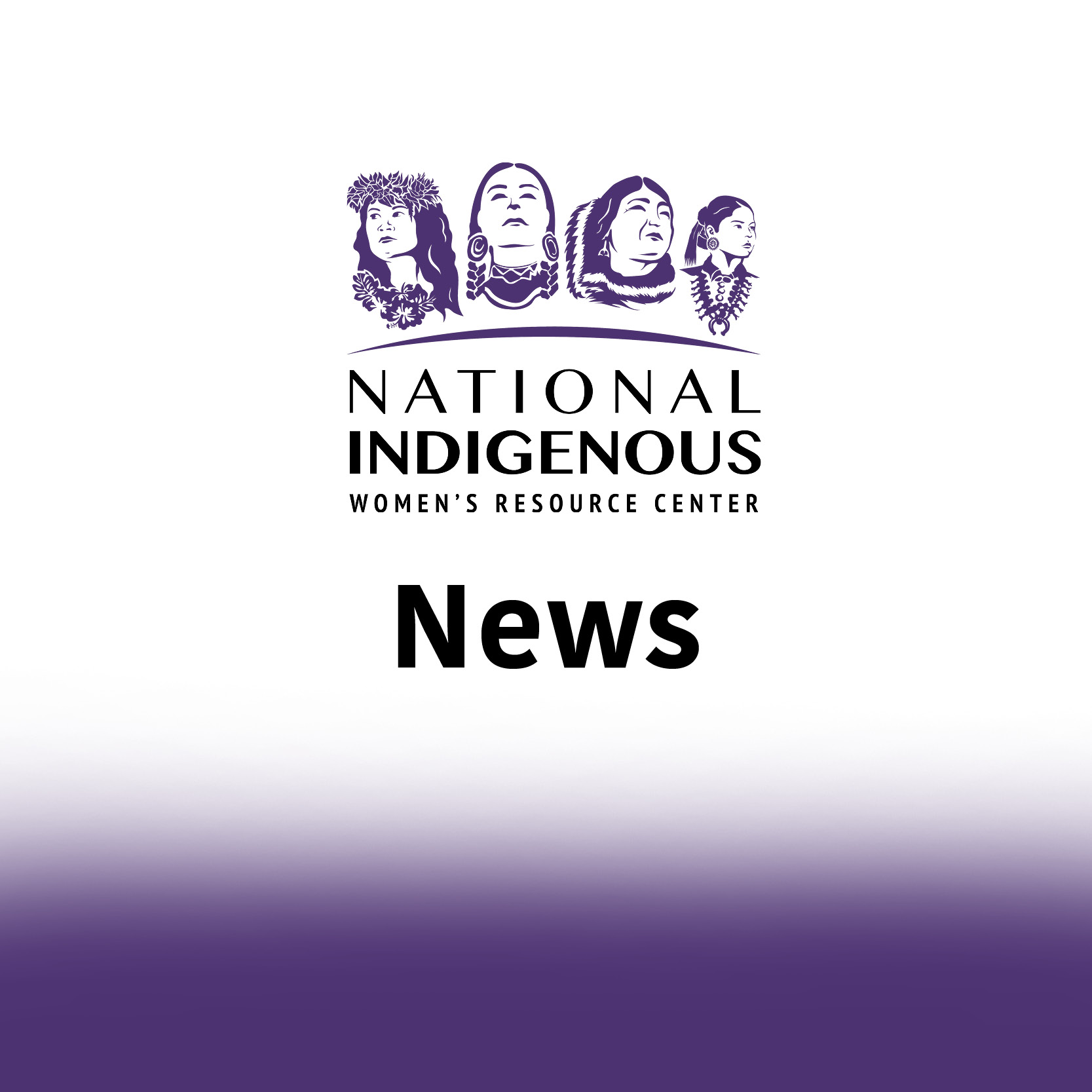NIWRC Statement on SCOTUS Oral Arguments in Denezpi v. United States
 FOR IMMEDIATE RELEASE
FOR IMMEDIATE RELEASE
(LAME DEER, Mont., February 23, 2022)—On February 22, 2022, the U.S. Supreme Court (SCOTUS) heard oral arguments in Denezpi v. United States, a case involving a Navajo defendant who was prosecuted in the Courts of Indian Offenses (CFR Court) of the Ute Mountain Ute Tribe for the sexual assault of a Native woman on Ute Tribal lands. Following his prosecution in the Ute Mountain Ute’s CFR Court, the Defendant was subsequently prosecuted in federal court. Denezpi argued in his briefs and before the Court that the Double Jeopardy Clause in the U.S. Constitution prevents the United States from prosecuting him for his commission of sexual assault because his prosecution in the CFR Court exercised federal–and not Tribal–authority.
Overall, oral arguments in Denezpi focused heavily on the bureaucratic red tape involved in the Bureau of Indian Affairs’ administration of CFR Courts instead of recognizing that this case concerns the inherent sovereign right of Tribal Nations to protect Native women from sexual assault on Tribal lands.
“Considering Native women experience the highest rates of sexual assault in the United States today, it is troubling that none of the attorneys arguing this case, or the Justices hearing the case mentioned or discussed that this case involves a sexual assault of a Native woman on the Ute Mountain Ute’s Reservation,” said Lucy Simpson, Diné, Executive Director of the National Indigenous Women’s Resource Center (NIWRC). “There is also the failure to recognize that a decision against Tribal sovereignty in Denezpi would limit the ability of Tribal Nations to protect their women and children living on Tribal lands.”
In January, the NIWRC was joined by the National Congress of American Indians (NCAI) in filing an amicus brief in Denezpi in the Supreme Court. The amicus brief argues that under the “separate sovereigns doctrine,” Denezpi’s dual prosecutions did not violate the Double Jeopardy Clause because CFR Courts are Tribal courts, exercising Tribal and not federal authority. In its amicus brief, the NIWRC warned that if the SCOTUS were to conclude that prosecutions in CFR Courts preclude subsequent prosecutions in federal court for the same offense, Tribes will face two alternative, frustrating scenarios each time a woman or child is sexually assaulted on Tribal lands:
- waiting to see if federal charges will be filed against a defendant to allow for a meaningful sentence which matches the severity of the crime, while risk the loss of the ability to file Tribal charges in CFR court in the event of a federal declination because the Tribal statute of limitations will have tolled by the time the Tribal prosecutor knows whether the United States will file federal charges; or
- bringing Tribal charges in CFR Court to ensure some sort of justice, and thereby precluding the possibility of a subsequent federal prosecution and a meaningful sentence that could deter future violent crimes committed by the same, or additional, offenders.
“No Tribal Nation should have to face this choice,” said Mary Kathryn Nagle, Cherokee, counsel to the NIWRC. “All Tribal Nations should have the right to exercise their own inherent authority to prosecute crimes committed against their women and children, regardless of whether they utilize a CFR court or their own Tribal court. The failure of all involved in the oral argument to recognize Tribal Nation’s sovereign interest in protecting their women and children from sexual assault is incredibly disturbing.”
The Supreme Court’s complete indifference to impacts on Native women and children is jarring and illustrates a larger issue: namely, that there has never been a Native Justice on the Supreme Court, and—outside of Justices Sotomayor and Gorsuch—the Justices do not hire Native law clerks. Furthermore, Tribes and their attorneys are often shut out from making arguments to the Court in crucial Indian law cases where, instead of Tribes, the Department of Justice (DOJ) argues these cases. All too often, however, the DOJ’s attorneys arguing on behalf of Tribal sovereignty cannot answer the most basic questions about it.
“It was very disturbing to sit through the entire argument and never hear a single question or comment made about the Native sexual assault victim or how the Supreme Court’s decision might lessen or enhance her protection,” said Sarah Deer, Muscogee Nation, counsel to the NIWRC. “We have a lot of work to do to address the erasure of Native women at the highest echelons of the United States government.”
The Supreme Court is set to rule in Denezpi later this year.





